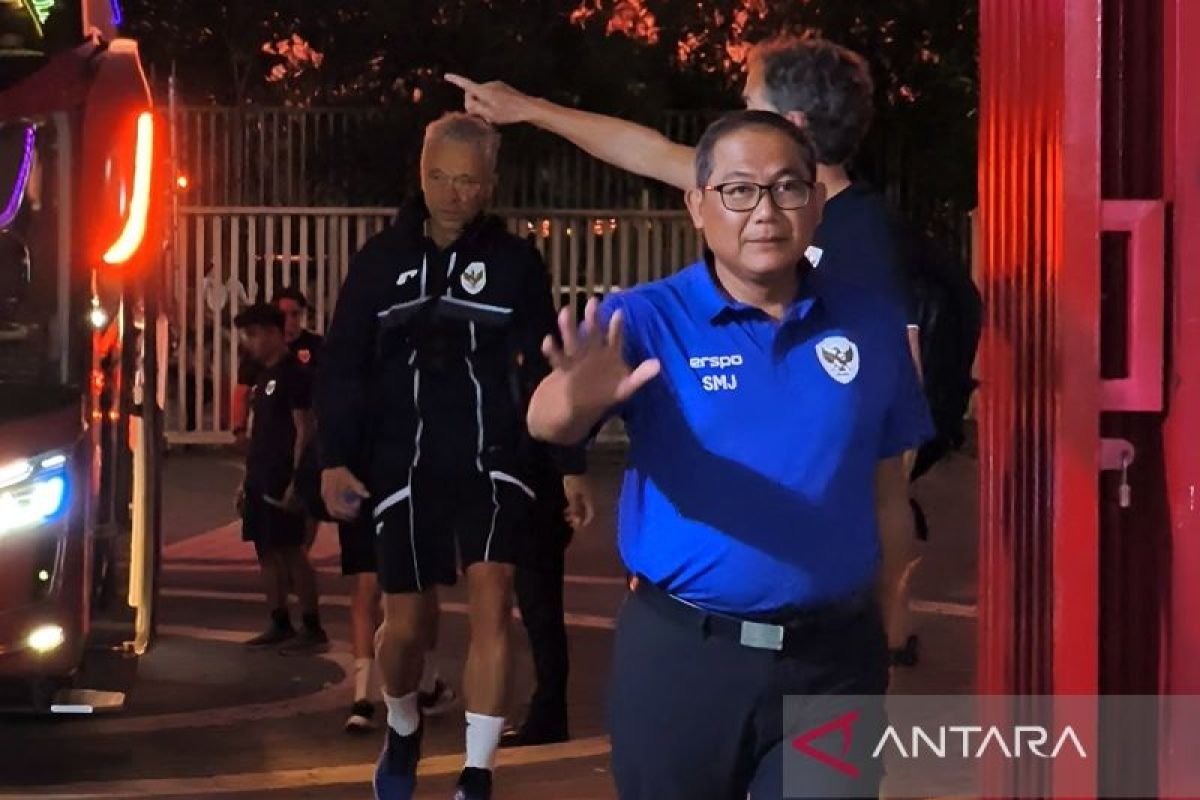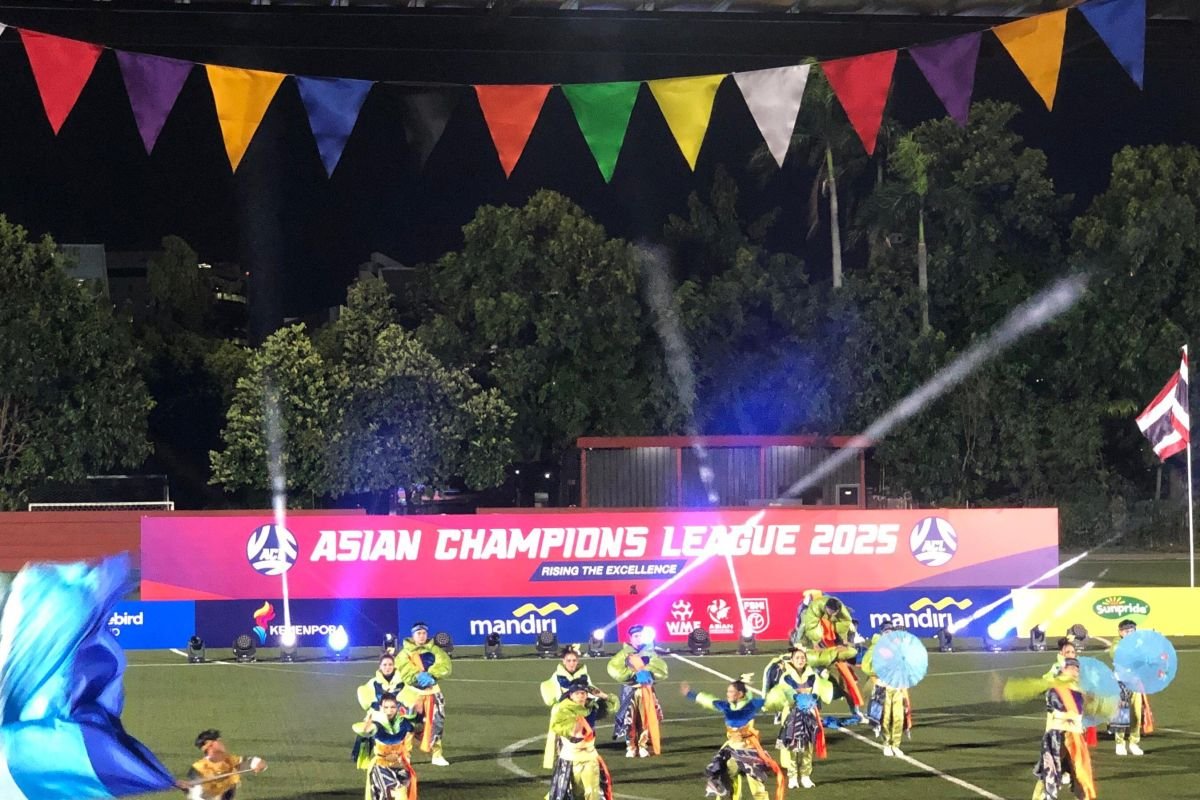Exploring Alternative Titles: A Look at “Sumardji Enggan Tanggapi Road Map ‘Garuda Membara'”
In the realm of journalism and communications, choosing the right title is essential to grab attention and convey the essence of the story. The title “Sumardji Enggan Tanggapi Road Map ‘Garuda Membara'” has sparked discussions and raised questions about its meaning and implications. In light of this, we present several alternative titles that encapsulate various facets of the same topic, each with a distinct angle and tone.
1. “Sumardji Menolak Merespons Peta Jalan ‘Garuda Membara'”
This title suggests a more direct and explicit refusal from Sumardji to engage with the roadmap. It emphasizes a sense of rejection that may intrigue readers interested in understanding the reasons behind such a stance.
2. “Sumardji Tak Mau Mengomentari Road Map ‘Garuda Membara'”
By stating that Sumardji does not wish to comment, this title presents a neutral perspective, focusing on his reluctance without implying any strong emotional undertones. It invites curiosity about the potential implications of his silence.
3. “Sumardji Absen dalam Diskusi Peta Jalan ‘Garuda Membara'”
Using the word “absen” (absent) suggests a physical or metaphorical absence from important conversations surrounding the roadmap. This can create intrigue about what might be missed without Sumardji’s input.
4. “Sumardji Enggan Memberikan Tanggapan atas Rencana ‘Garuda Membara'”
This alternative leans into the hesitance expressed in the original title. The phrase “memberikan tanggapan” (to provide a response) portrays Sumardji’s reluctance in a more formal context, making it suitable for a serious discussion.
5. “Sumardji Tidak Berkenan Menanggapi Road Map ‘Garuda Membara'”
Here, the phrase “tidak berkenan” (not inclined) adds a layer of politeness to the refusal, suggesting that Sumardji’s decision might be based on personal or professional boundaries.
6. “Sumardji Pilih Diam Terkait Peta Jalan ‘Garuda Membara'”
This title indicates a choice to remain silent, resonating with readers who might be interested in the strategic implications of silence in public discourse.
7. “Sumardji Tanggapan yang Hilang untuk Road Map ‘Garuda Membara'”
Focusing on the absence of a response, this title encourages readers to ponder what Sumardji’s silence signifies in the larger context of the roadmap’s relevance and potential impact.
8. “Sumardji Enggan Diskusikan Rencana ‘Garuda Membara'”
This version emphasizes the act of discussion, suggesting a broader conversation about the roadmap that Sumardji chooses to omit himself from. This can stimulate interest in who else might be involved in the discussions.
Conclusion
These alternative titles showcase the versatility of language in journalism and how word choice can dramatically alter perception. Each option not only serves to title the same core event but also reflects varying tones—whether it’s rejection, neutrality, absence, or avoidance. As readers engage with news and reports, the title acts as both a door and a window, inviting them into the narrative while framing their understanding of the events at play. As such, the art of crafting compelling titles remains crucial in the world of media, setting the stage for deeper exploration into the stories that matter.









